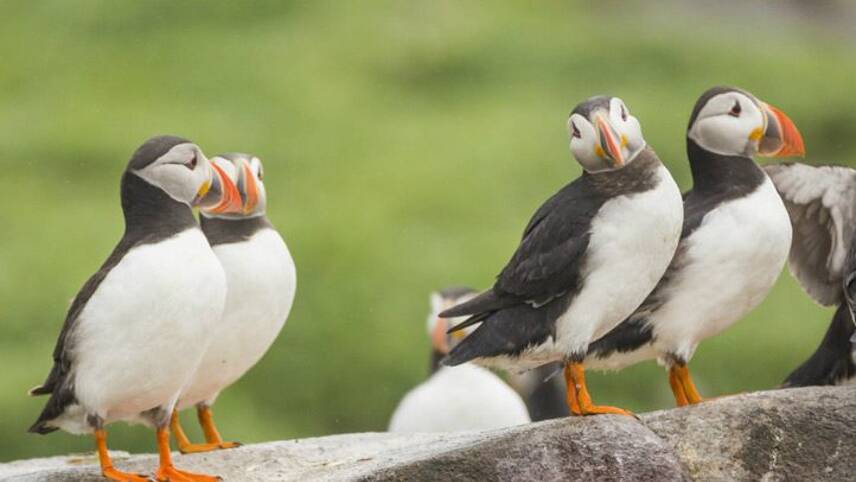Register for free and continue reading
Join our growing army of changemakers and get unlimited access to our premium content

More than four in ten species have experienced population decline since 1970
The declaration, made at the Party’s conference in Newport, South Wales, came after the publication of the annual State of Nature report, from a coalition of charities including RSPB and the National Trust.
According to the report, 133 species have become extinct in Britain since 1500, with much of this loss having occurred in the last 100 years. It highlights the fact that 41% of surviving species have experienced “marked” population decline since 1970, with one-quarter of surviving British mammals now considered under threat of extinction.
The report states that climate change and unsustainable agricultural practices have been the largest contributor to this biodiversity loss to date.
Responding to the report – and other recent scientific research documenting global biodiversity loss – the Green Party passed a motion requiring its representatives to campaign for a policy framework dubbed the ‘Sustainable Economy Act’. Such policies would include time-bound, numerical, legally binding targets for biodiversity, soil health and air quality, while replacing GDP with a metric focused on health and wellbeing.
The party conference also agreed there should be a Committee on Sustainability – similar to the Committee on Climate Change (CCC) – to advise ministers on the restoration and protection of natural habitats and ecosystems.
“We don’t only have a climate emergency, we have a nature emergency; the State of Nature report showed we are still moving in the wrong direction and the structure of our economy is at the heart of what’s going wrong,” Caroline Lucas MP said.
“From fast fashion to our food system, from choking our land with plastic to driven grouse shooting, we need transformational change and the Government needs to listen, learn and start leading,” former Green Party Leader Natalie Bennett added.
The incumbent Conservative Government is currently in the process of delivering a major global review into the economic value of biodiversity, including the financial risks of its decline and rewards of its stewardship, as outlined by Philip Hammond. It has also proposed that property developers should pay for biodiversity offsets in other regions if their projects result in habitat loss.
Sarah George


Please login or Register to leave a comment.